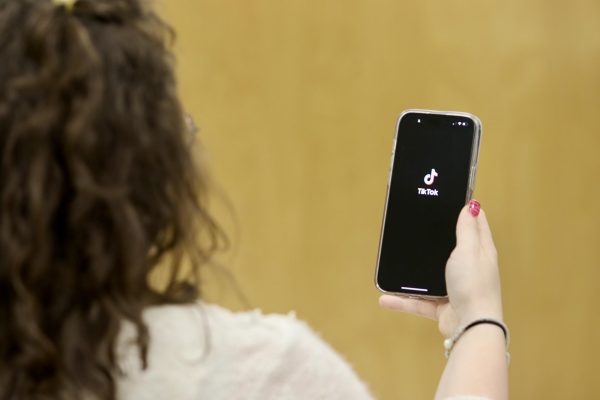Quarantine and the problems that may arise from it
Quarantine, isolation and social distancing have been more common lately with the spread of coronavirus (COVID-19) as a means of reducing the spread of the virus in hopes to even out the curve and not overwhelm our healthcare system.
The difference between isolation and quarantine is as follows: isolation is used to separate ill persons who have a communicable disease from those who are healthy, and quarantine is used to separate and restrict the movement of well persons who may have been exposed to a communicable disease to see if they become ill.
It is a confusing and stressful time as students, faculty and staff are trying to figure out what’s going to happen to their classes, their internship hours and sources of income, on top of managing family life and preparing for the worst. In addition to the uncertainty and stress of the global outbreak, spending time in quarantine can take a serious mental toll on some people.
The isolation imposed by quarantine frequently leaves people feeling that they have no control over the situation. The isolation can cause them to feel cut off from the rest of the world and unable to perform their usual duties, which can cause fear, sadness, confusion, depression, anxiety, stress and can be emotionally exhausting. During these trying times, you must protect your mental well-being.
A good way you can cope with being in quarantine is sticking with a routine. Stay active as much as possible by using workout videos, fitness apps or going for a walk in the neighborhood. Also, try to start or finish up a hobby that you are interested in, or focus on the tasks you have been pushing aside, such as deep cleaning your living area, organizing the closet or tending to the garden.
Stay connected with others by sending an email, texting or talking over the phone. Another great way to stay mentally healthy, in some cases, is to foster an animal in this time of need.
It is important to stay informed of the situation but not overwhelm yourself in it. A sense of panic can stem from being immersed 24/7 in reports that focus on inaccurate or overly negative information. When finding information on social media, double check the source on its reliability before sharing.
During this time, it is important to be there for one another, just from a safe distance for now.
Your donation will support The Lion's Roar student journalists at Southeastern Louisiana University.
In addition, your contribution will allow us to cover our annual website hosting costs.
No gift is too small.







